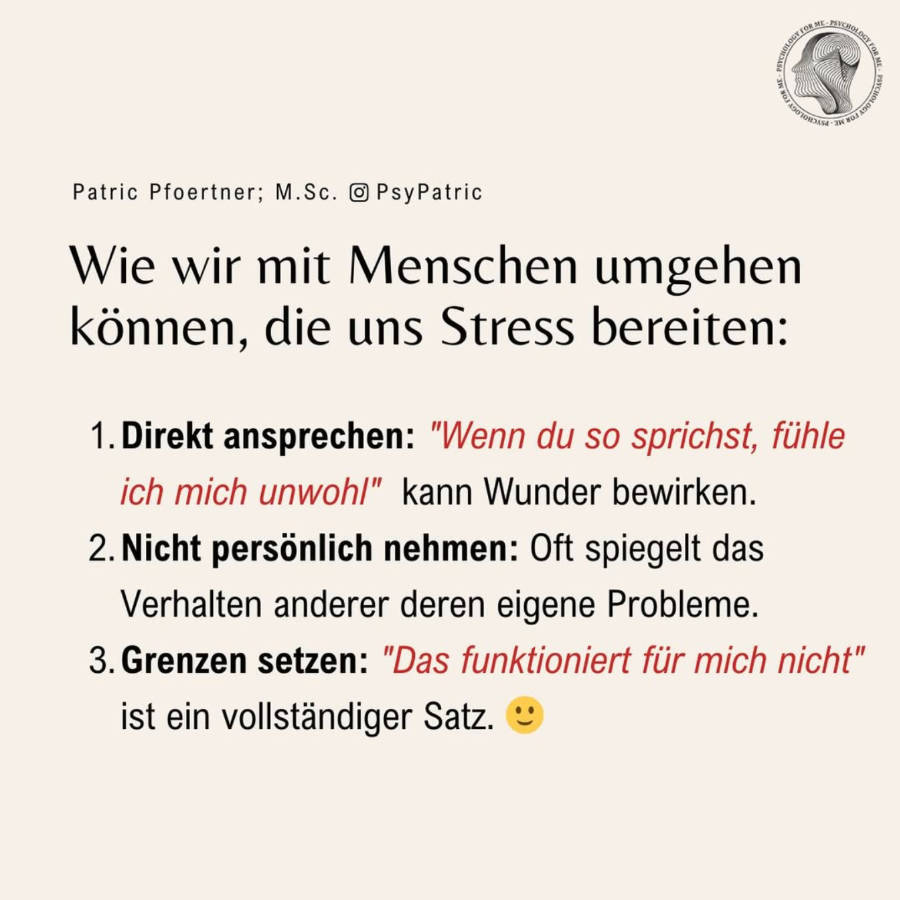Understanding Your Stress: A Path to Well-being
In our fast-paced world, stress has become an almost unavoidable part of daily life. It’s a natural response to challenges, but when it becomes chronic or overwhelming, it can significantly impact our physical and mental well-being. Recognizing the signs of stress early is a crucial step towards managing it effectively and fostering a healthier, more balanced life.
This self-assessment test is designed to offer a confidential and reflective space for you to consider your current stress experience. It aims to:
- Identify common indicators of stress in your daily life.
- Provide a snapshot of your potential stress level.
- Encourage self-awareness and proactive well-being strategies.
Common Questions About Stress
Many people have questions about stress, its impact, and how to manage it. Let's explore some of these common inquiries:
What exactly is stress?
Stress is your body's natural response to any demand or threat. When you perceive a threat, your nervous system responds by releasing hormones like adrenaline and cortisol. This 'fight-or-flight' response is essential for survival, enabling you to react quickly to danger. However, when these demands are constant, and you don't have time to recover, this protective mechanism can become detrimental to your health.
How does stress affect my body and mind?
The effects of stress can manifest in numerous ways. Physically, you might experience headaches, muscle tension, stomach issues, fatigue, or sleep disturbances. Emotionally, it can lead to irritability, anxiety, sadness, or a feeling of being overwhelmed. Cognitively, you might notice difficulty concentrating, memory problems, or constant worrying. Prolonged stress can also weaken your immune system, making you more susceptible to illness.
When should I be concerned about my stress levels?
While some stress is normal, it becomes a concern when it significantly interferes with your daily life, work, relationships, or overall well-being. If you find yourself consistently feeling exhausted, irritable, unable to relax, or relying on unhealthy coping mechanisms, it might be time to pay closer attention. These are signs that your body and mind are struggling to cope.
What are some basic strategies for managing stress?
Effective stress management involves a combination of strategies. This can include practicing mindfulness or meditation to calm your mind, engaging in regular physical activity to release tension, ensuring adequate sleep, setting healthy boundaries, and nourishing your body with balanced nutrition. Developing a strong support network and learning to say 'no' can also make a significant difference. Remember, finding what works best for you is a personal journey.
Taking a moment to assess your stress levels is a powerful act of self-care. It's the first step toward understanding what your body and mind need to thrive. If your results suggest high stress levels, please consider reaching out to a mental health professional for personalized support and guidance. You don't have to navigate this alone.
























